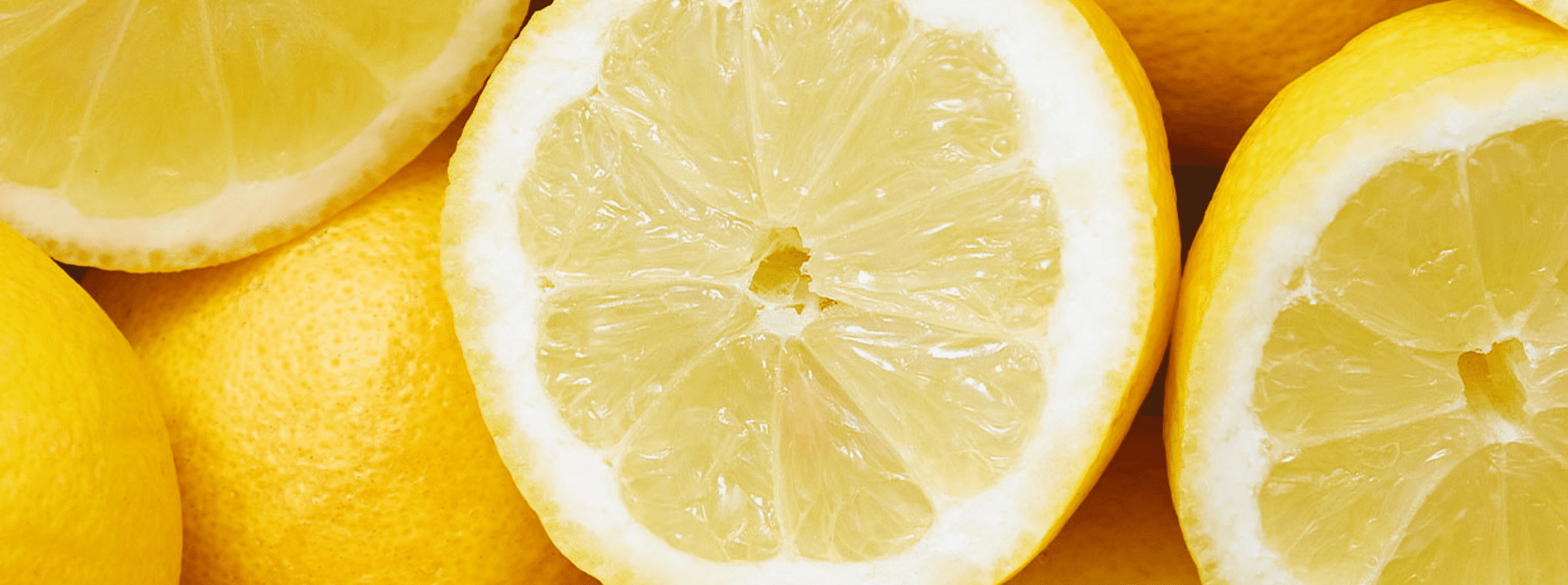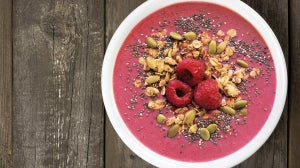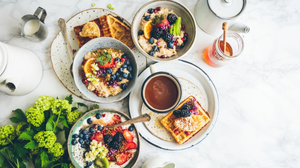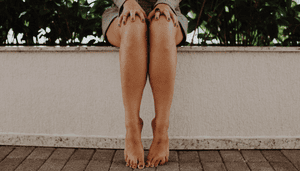
We can't deny the power of a good scent. Whether it's our favourite relaxing candle at bedtime or the nostalgic notes of a loved one's perfume, aromatherapy has become increasingly popular in the world of beauty. In fact, research suggests that certain essential oils can even help you to feel calm and relaxed, which is why people may use them when they’re feeling stressed or worried - where do we sign up?
If you're asking yourself 'what are essential oils and how do they work?' we've got you covered with our complete guide to aromatherapy oils. Keep scrolling to discover how they work and why we use them in our feel-good fragrances and wellbeing complexes to help support your skin and uplift your senses.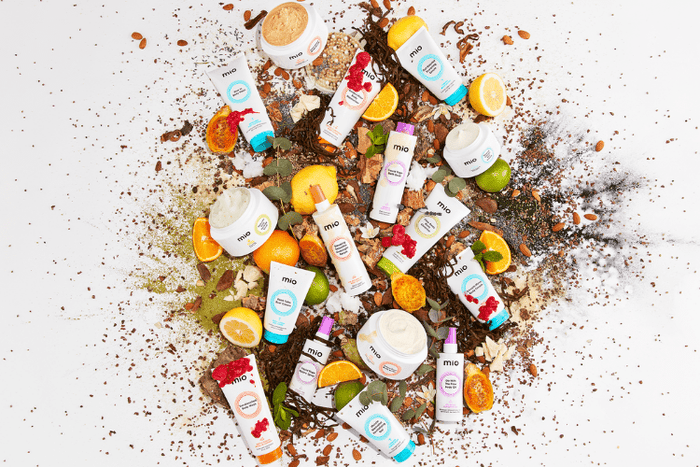
What Are Essential Oils?
Okay, let's jump straight into it. To simplify, essential oils are highly concentrated compounds that have been extracted from plants via different extraction methods. These oils capture the plant's scent or 'essence' (hence the term 'essential oils') and are acquired through many different methods, such as distillation via water, steam or from cold pressing. Once the chemicals have been extracted, they are then mixed with a carrier oil to create a product that is safe for use (FYI: you should never apply pure essential oil onto your skin, we'll get to that part later).
How Do They Work?
Essential oils are most commonly used in aromatherapy, where the aroma is inhaled via various products and methods including diffusers, spritzers, pulse point rollers, steamers, bath salts, body creams, lotions, oils and much more. Inhaling the aromas from essential oils is thought to stimulate areas of your limbic system, a group of structures located within the brain that is responsible for our emotional and behavioural responses that plays an important role in your sense of smell, emotions, behaviours and long-term memory. However, this area is still being researched by scientists.
The limbic system also plays a huge role in forming memories. In short, when you smell a certain fragrance this can trigger specific memories and emotions, isn't that cool?
What Are The Most Common Types Of Essential Oils?
According to research, there are over 90 different types of essential oils to choose from, and each has it's own unique smell and potential benefits.
The most well-known essential oils include:
- Peppermint
- Rose
- Chamomile
- Ylang-Ylang
- Lavender
- Bergamot
- Sandalwood
- Lemon
- Jasmine
- Tea Tree
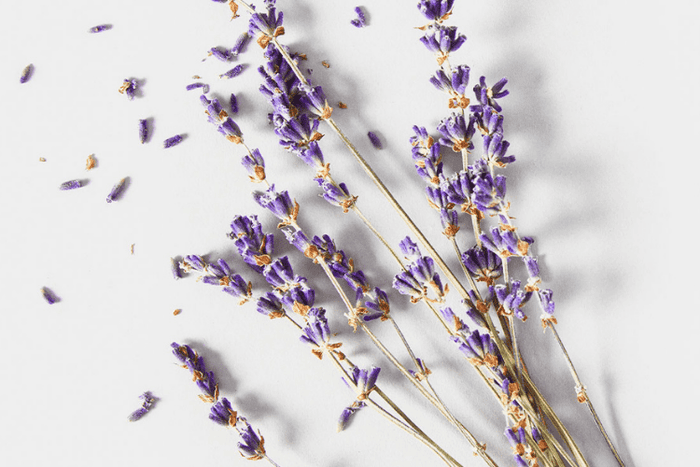
What Are Some Essential Oils For Energy?
If you're feeling tired, fatigued and in need of an energy boost, the uplifting and refreshing aroma of some essential oils may help you feel energised:
- Peppermint: Infused into our Liquid Yoga Space Spray.
- Spearmint
- Rosemary
- Lemon: Infused into our Liquid Yoga Space Spray, Bath Soak and Body Oil.
- Sweet Orange
What Are Some Essential Oils For Relaxation?
If you’re struggling to relax and drift off at bedtime, some essential oils may impart a sense of calm and help you to unwind:
- Lavender: Infused into our Liquid Yoga Bath Soak, Space Spray and Body Oil.
- Chamomile
- Bergamot
- Clary Sage
- Valerian
What Are Some Essential Oils For Focus And Concentration?
If you're struggling with your concentration throughout the day, enjoying the scent of these invigorating aromas can help to impart a sense of focus:
- Rosemary
- Peppermint: Infused into our Liquid Yoga Space Spray, Bath Soak and Body Oil.
- Basil
- Grapefruit
- Vetiver
How To Use Essential Oils Safely On The Skin
You can use essential oils on your skin in many ways including massage oils, body oils and muscle rubs. However, when directly applied they have the potential to aggravate the skin and cause sensitivity, so we wouldn’t recommend applying essential oils to the facial skin. So, make sure to always (emphasis on the always!) dilute essential oils with a carrier oil such as coconut oil, jojoba oil and sweet almond oil.
Dilution is probably the most important step when it comes to applying essential oils onto your skin. To dilute essential oils, simply blend a few drops with your chosen carrier oil to 'carry' the essential oil safely onto your skin. The majority of carrier oils are unscented so they don't mask the fragrance of your chosen aromatherapy oils.
To check for any potential skin allergies, we recommend doing a patch test before using any essential oil or carrier oil. To perform a patch test, add a small amount of the diluted oil onto your inner wrist or below your ear and wait 24 hours to see if any irritation or sensitivity occurs. If this happens, rinse this area thoroughly and don't use again. Avoid applying diluted essential oils on your facial skin. Oh, and definitely do not eat them.
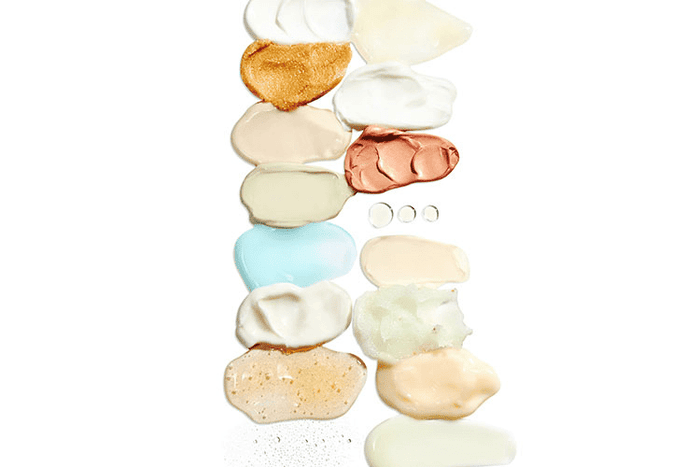
Your Essential Oil Infused Bodycare Routine
Now that you're savvied-up on the incredible possibilities of essential oils, why not treat your body (and your senses) to some well-deserved pampering with our plant-based, cruelty-free essential oil infused bodycare?
Supercharged with mood-uplifting essential oils including peppermint, lemon and eucalyptus, our 100% natural feel-good fragrances will help enhance your mood and your lust for life. Whether its to relax, energise or uplift, our active scents help make you feel your best and add a hefty dose of positivity and feel-good vibes to your everyday.
Love the idea of using coconut oil but unsure how to use it? Read our ultimate guide to this wonderous skin-loving oil and how it can enhance your feel-good glow here.

Related Articles

